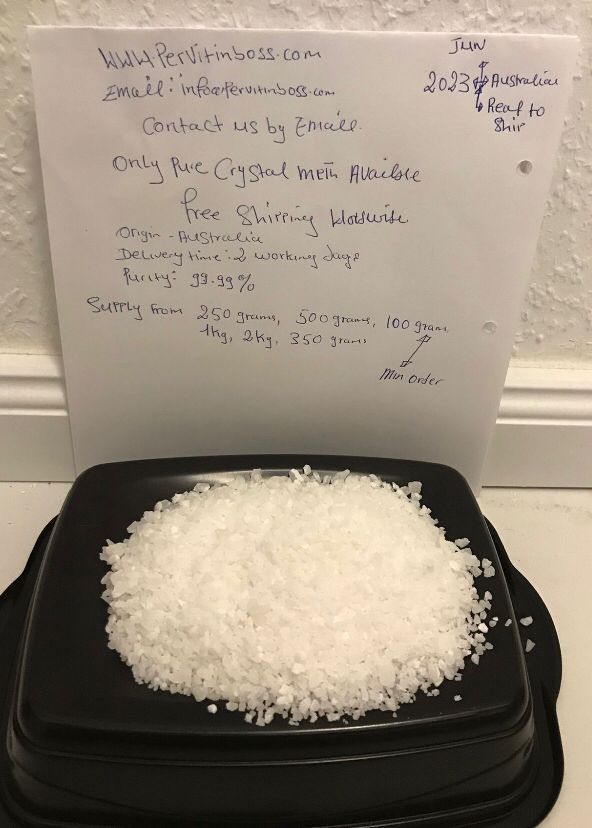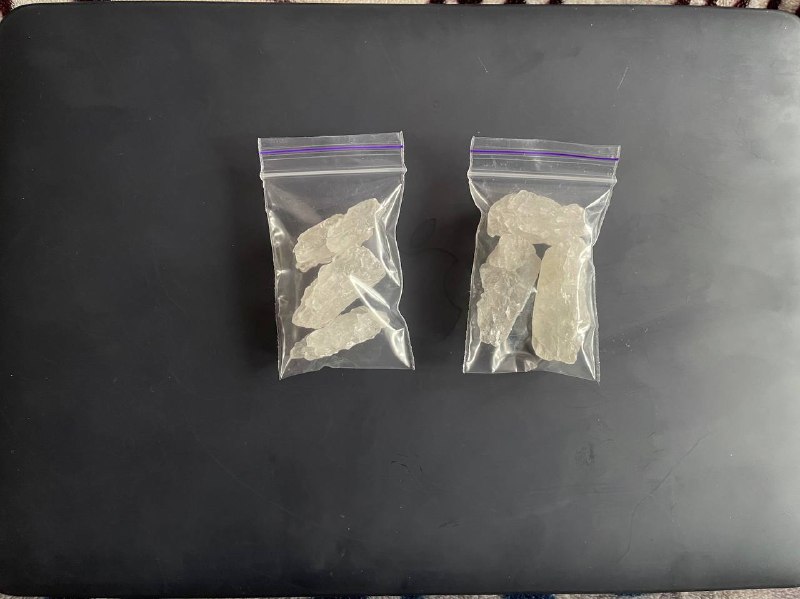Amphetamine drugs

How to make Amphetamine

Cristal droga
- Amphetamine drug
- bennies drug
- Biological classification system and meth
- Chrystal
- Crack droga
- Crank Drug
- Cristal droga
- Crystal meth treatment
- crystel
- Droga cristal
- Drug facts
- How to make Amphetamine
- How to spell Methamphetamine
- Is blue crystal meth real
- Is meth a stimulant
- Metanfamine
- Metanfentamine droga
- Meth addiction
- meth before and after
- Meth head
- Meth lab
- Meth molecule
- Methamphetamine rehab
- Methamphetamine treatment
- Methy
- panzerschokolade
- Que es la metanfetamine
- Scho ka kola
- Sings of meth use
Amphetamine drugs are stimulant drugs that speed up messages between your brain and your body. Amphetamines treat conditions like ADHD and narcolepsy. Amphetamines can be highly addictive and dangerous if you misuse or take more than the prescribed amount. Talk to your healthcare provider if you become dependent on amphetamines. contact supplier

What are amphetamines?
Amphetamines are stimulant drugs that speed up how your body functions. Healthcare providers may prescribe amphetamines to people with ADHD or narcolepsy. Providers may also use amphetamines to treat obesity, though this is less common.
How do amphetamines work?
Neurotransmitters send messages between cells in your body to tell the cells how to do their job. Amphetamines make your central nervous system (the hard drive to your brain and spinal cord) work faster by increasing the number of neurotransmitters, specifically:
- Dopamine.
- Norepinephrine.
- Serotonin.
When you take an amphetamine, neurotransmitters put your cells on speed dial to send messages quickly. This causes people to feel:
- Alert.
- Attentive.
- Calm.
- Energetic.
- Focused.
- Happy (joy or euphoria).
Are amphetamines a stimulant?
Yes, amphetamines are a stimulant. Stimulants increase the activity of your central nervous system or the part of your brain that sends messages to nerves to tell them how to complete their jobs.
What are the brand names of amphetamines?
Common brand names for amphetamines include:
- Adderall®.
- Concerta®.
- Dexedrine®.
- Focalin®.
- Metadate®.
- Methylin®.
- Ritalin®.
- Vyvanse ®.
What are amphetamines approved for?
The U.S. Food and Drug Administration approved certain amphetamines to manage and treat ADHD, obesity and narcolepsy, specifically dextroamphetamine and levoamphetamine.
Can amphetamines treat ADHD in children?
Yes, your healthcare provider might offer low-dose amphetamines to treat attention deficit hyperactivity disorder (ADHD) in your child, like Adderall ® or Ritalin ®. Amphetamines create a calming effect for children diagnosed with ADHD by targeting the chemicals in their brain that transmit signals between nerves in the central nervous system.
Amphetamines have shown improvement in children diagnosed with ADHD by:
- Decreasing impulsive behavior.
- Improving attention span.
- Improving focus.
- Improving task completion.
- Lessening hyperactive symptoms.
- Reducing fidgeting.
There is no evidence that amphetamines given to children diagnosed with ADHD cause addiction or drug abuse, but there is a potential for addiction or abuse if the person taking the stimulant has a history of substance abuse. Research shows that people with ADHD had a lower rate of substance use disorder if they were medically treated versus not receiving treatment.
Can you list the types of amphetamines?
There are different types of amphetamines including:
| Type | Is it legally produced? | Use |
|---|---|---|
| Dextroamphetamine | Yes | ADHD, narcolepsy |
| Levoamphetamine | Yes | ADHD, narcolepsy |
| Lisdexamfetamine | Yes | Obesity (binge eating disorder) |
| Methamphetamine | No | Recreational use |
| Methamphetamine hydrochloride | Yes* | ADHD, obesity |
*Methamphetamine hydrochloride (Desoxyn ®) is legally prescribed but rarely given as a treatment due to dangerous side effects.
What is the difference between amphetamine and methamphetamine?
Both amphetamine and methamphetamine are stimulant drugs that have different effects on your body based on the chemicals that make up each drug.
| Amphetamine | Methamphetamine |
|---|---|
| Produced legally and FDA approved | Often produced illegally and not approved by the FDA |
| Prescribed to treat ADHD and other conditions | Recreationally used |
| Increases attention and focus, improves energy | Creates temporary euphoria; increases aggression, anxiety and paranoia |
| Comes in a pill form and taken by mouth | Comes in a rock or powder form and can be smoked, snorted or injected |
Both amphetamines and methamphetamines are addictive. Talk to your healthcare provider if you become dependent on any drug you are taking.
Additional Common Questions
What dosage strengths does amphetamine come in?
Dosage for amphetamines ranges based on brand and reason for taking the drug. The average amphetamine dosage is 5 to 40 milligrams (mg), one to three times per day, divided at four to six-hour intervals. The maximum dosage for an adult is 60 mg daily.
What forms do amphetamines come in?
FDA-approved amphetamines come in different forms including:
- Immediate-release tablets.
- Extended-release capsule.
- Oral solution.
How should I take amphetamines?
You should take FDA-approved amphetamines orally (by mouth) as directed by your healthcare provider.
Always follow your healthcare provider’s instructions when taking amphetamines. Depending on what type and the dosage of the prescribed amphetamine, take extended-release capsules once daily and immediate-release tablets and oral solutions up to three times per day. Schedule a time each day to take your amphetamines and stick to that schedule.
If you feel that you are dependent on amphetamines or your prescribed dosage isn’t helping you manage your symptoms, do not take more than your recommended dosage and talk with your healthcare provider immediately.
What are the side effects of amphetamines?
Side effects of amphetamines include:
- Addiction.
- Anxiety, irritability and behavioral problems.
- Circulation problems.
- Erectile dysfunction.
- Heart disease.
- Nausea.
- Psychosis.
- Severe fatigue or difficulty sleeping.
- Swelling of blood vessels (vasculitis).
Providers will monitor how your body reacts to amphetamines to see if they alleviate your symptoms and prevent side effects, especially addiction. A person’s tolerance begins slowly, which could result in dependence over time. If you take amphetamines and feel you are dependent on the drug, talk with your healthcare provider.
What other medications interact with amphetamines?
Amphetamines can interact with other medicines that you are taking. Talk to your healthcare provider about the medicines you currently take and they will let you know if it is safe to start taking amphetamines. Medicines that interact with amphetamines include:
- Antacids.
- Antidepressants.
- Antipsychotics.
- Blood pressure drugs (alpha-blockers).
- Anti-seizure drugs.
Can I drink alcohol with amphetamines?
You shouldn’t drink alcohol while taking amphetamines because it could cause an unsafe reaction in your body that could lead to addiction. If you take an immediate-release amphetamine, wait at least four to six hours before drinking any alcohol. If you take an extended-release amphetamine, wait at least eight hours before drinking alcohol.
What should I tell my healthcare provider before starting amphetamines?
Talk to your healthcare provider about the medicines and supplements that you’re currently taking before starting amphetamines. You will also want to regularly meet with your healthcare provider while taking prescribed amphetamines so your provider can observe their effectiveness in reducing your symptoms and monitor your dependency on the drug.
Can I take amphetamines if I’m pregnant or thinking of becoming pregnant?
If you are pregnant or thinking about becoming pregnant, you shouldn’t take amphetamines. The drug can be dangerous for both you and your fetus. Dangers include:
- Loss of appetite: The fetus doesn’t get enough nutrients.
- Changes to your heart rate (cardiovascular complications or stroke).
- Premature labor.
- Delayed growth of the fetus and low body weight.
- Physical growth abnormalities (cleft palate).
- Baby born addicted to amphetamines.
Do amphetamines pass into breast milk?
Yes, amphetamines can pass into breast milk (chest milk) at low levels if parents follow the provider-prescribed dosage. Some studies show that this does not harm the development of the baby. If you are taking amphetamines as a new parent, talk with your provider about whether or not it is safe to breastfeed.
If you’re dependent on amphetamines and are taking more than the required daily amount prescribed by your healthcare provider, you shouldn’t breastfeed (chestfeed).
Are amphetamines a controlled substance?
Yes, amphetamines are a controlled substance. Amphetamines rank as a schedule II/IIN controlled substance (2/2N), which means that there is a high potential for the drug to cause physical dependence (addiction).
Are amphetamines addictive?
Yes, amphetamines are highly addictive. Amphetamines cause your central nervous system to work quickly. This could feel like a “rush” or a euphoric feeling that makes you happy and elevates your mood. This sensation is something that can cause addiction because people might look to feel that rush more often than they should, as prescribed by their healthcare provider.
If you notice you are taking more amphetamines than your recommended daily dose, talk with your provider.
Do amphetamines cause withdrawal symptoms?
Yes, amphetamines can cause withdrawal symptoms, even if you only take them as prescribed by your healthcare provider. You might experience a “crash” as the amphetamine wears off or if you forget to take a dose. Symptoms of withdrawal range in severity and could include:
- Feeling anxious.
- Fatigue (feeling tired).
- Irritability or easily agitated.
Severe withdrawal symptoms include:
- Difficulty concentrating.
- Headaches.
- Irregular patterns of sleep.
- Paranoia.
- Strong appetite (feeling hungry).
Symptoms could last between one to three days or up to 10 days after stopping an amphetamine.
To avoid withdrawal symptoms, take your medication exactly as your provider prescribed it to you. Schedule a time to take it every day and stick to that same schedule for the duration that you’re taking the drug.
If you experience withdrawal symptoms while you’re following your prescribed schedule, talk with your healthcare provider.
What’s known about amphetamines and overdose?
Taking too many amphetamines can be dangerous to your health. You should only take the amount of amphetamine as prescribed by your healthcare provider. Misusing or taking amphetamines that your provider did not prescribe to you can cause dangerous side effects and could lead to addiction or death.
Amphetamines can increase your heart rate and blood pressure. This can cause heart problems like cardiac failure or a heart attack.
If you are taking more than your prescribed dose of amphetamines or you are taking amphetamines that your provider did not prescribe to you, talk with your provider.
What should I do if I miss a dose of amphetamine?
Always take your amphetamines on a schedule or at the same time each day to avoid experiencing withdrawal symptoms. If you miss a dose, you might feel tired or anxious. Pay attention to the time of day and your dosing schedule. If you are close to the next time on your schedule to take another dose, wait until your scheduled time to take your next dose. If you missed your scheduled time by a short period, like a couple of hours, you can take your missed dose immediately.
A note from Cleveland Clinic
Amphetamines are very powerful drugs that affect your central nervous system and how your brain interacts with your body. Amphetamines can be helpful to treat conditions like ADHD or narcolepsy. Don’t take more than your daily recommended dose of amphetamines. Talk with your healthcare provider if you feel like you are dependent on amphetamines or if they are not working to alleviate your symptoms.

